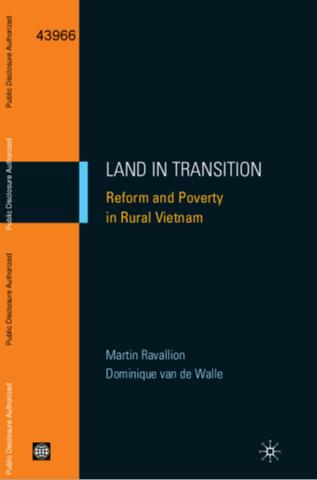Expanding Women's Access to Land and Housing in Urban Areas
Evidence is mounting that secure
property rights have positive effects for poor people in
general and women in particular. The aim of this report is
to review what is known about women s access to and control
over land and real property in urban settings, identifying
approaches to strengthening property rights that enhance
women s agency, and sharing key lessons. Section two
synthesizes the evidence on urban women s priorities with


